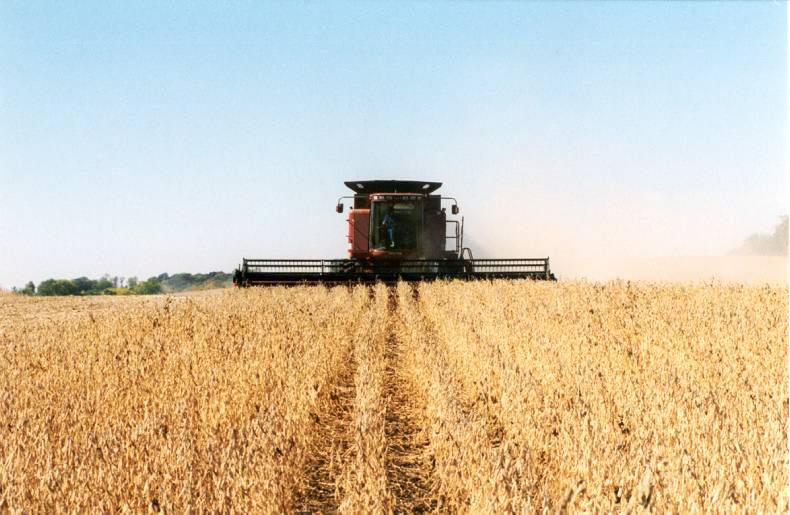The committee rejected the draft law on Thursday, 3 September due to fears that arbitrary national bans could distort competition on the EU’s single market. It also said the ban could jeopardise the EU’s food production sectors which are heavily dependent on imports of GM feed.
The rejection was carried by 28 votes in favour to eight against, with six abstentions. The decision will now be scrutinised by the environment committee, which has the lead on this file, before the Parliament as a whole votes on the matter.
Environment MPs already rejected the proposed legislation on 9 June, a move that was criticised by the EU Health Commissioner, Vytenis Andriukaitis, who said the law was “not about renationalising the authorisation” of GMOs. “The legislation would help restore trust in the system, which is key for the acceptance of GMOs,” he said.
Albert Dess, author of the agriculture committee’s opinion, said Thursday’s vote “sends a clear message” that the Commission’s proposal to allow member states to decide whether or not to restrict or ban the use of GM food and feed on their territory must be rejected.
“We have not been building the EU’s single market to let arbitrary political decisions distort it completely,” he said.
Ireland’s perspective
Lynn Boylan, a member of Sinn Féin and the Confederal Group of the European United Left, was one of those who voted in favour of the rejection. Boylan called the proposal “dishonest” and said it offers a false solution to a problem. “I agree that we should reject this half-baked proposal from the European Commission which is totally flawed,” she said. However, Boylan rejected the proposal because she belives the law should be redrafted to ensure that “GMOs cannot be authorised in the first place when a majority of member states are against them.”
Irish Farmers Journal market specialist Phelim O’Neill says that for Irish farmers the debate not only revolves around the rights or wrongs of GM in principle, but availability of feed at a competitive price.
“The EU relies on imports for 75% of its animal feed and 90% of compound feed contains GMO materials,” he says. “That leaves a very small quantity of non-GM feed and with the basic laws of supply and demand the likelihood is that it will be the more expensive option, never mind availability."
He also says there is also a strong view in the food industry that we can keep GM feed out of Europe at the price of exporting our food industry to countries that freely use GM feed.
"They will then export GM-produced food to Europe on an even larger scale than at present.”
Next steps
The environment committee will adopt its position on the draft law at its meeting on 12 and 13 October. The European Parliament is then due to scrutinise the proposal at the 26-29 October plenary session in Strasbourg.






 This is a subscriber-only article
This is a subscriber-only article





SHARING OPTIONS: